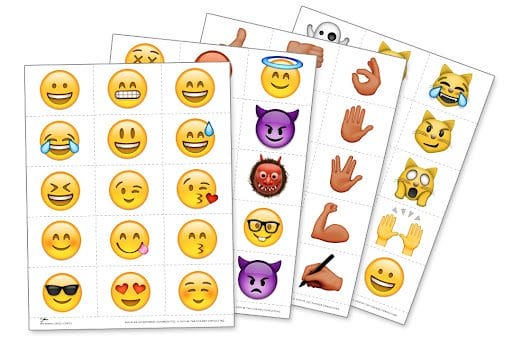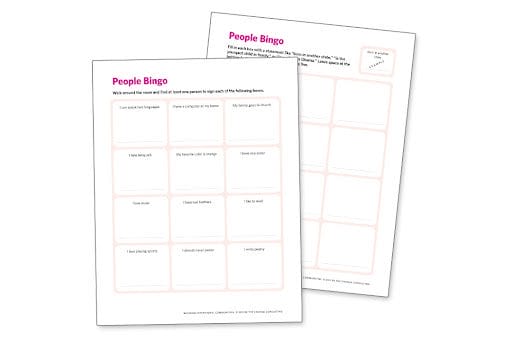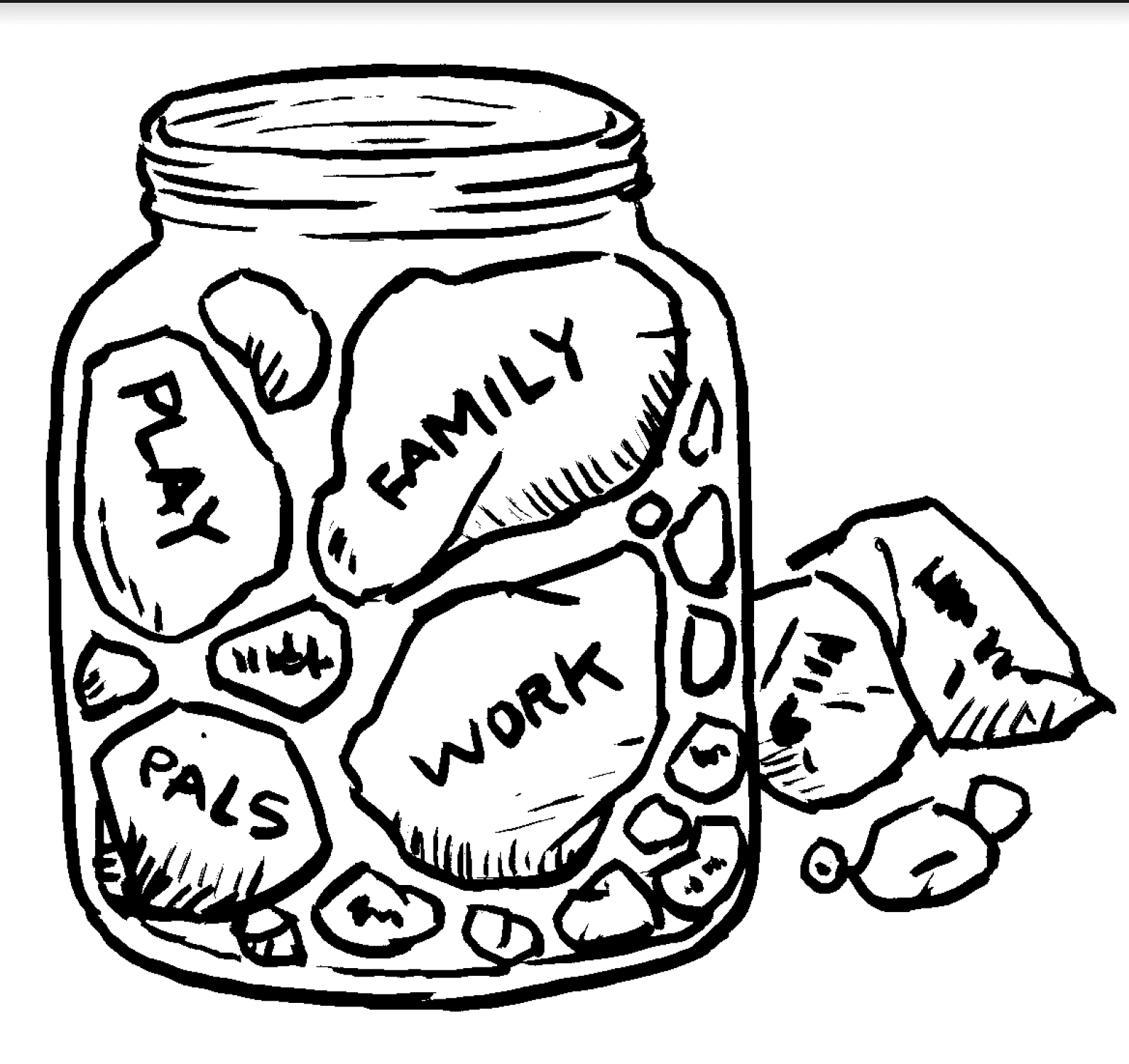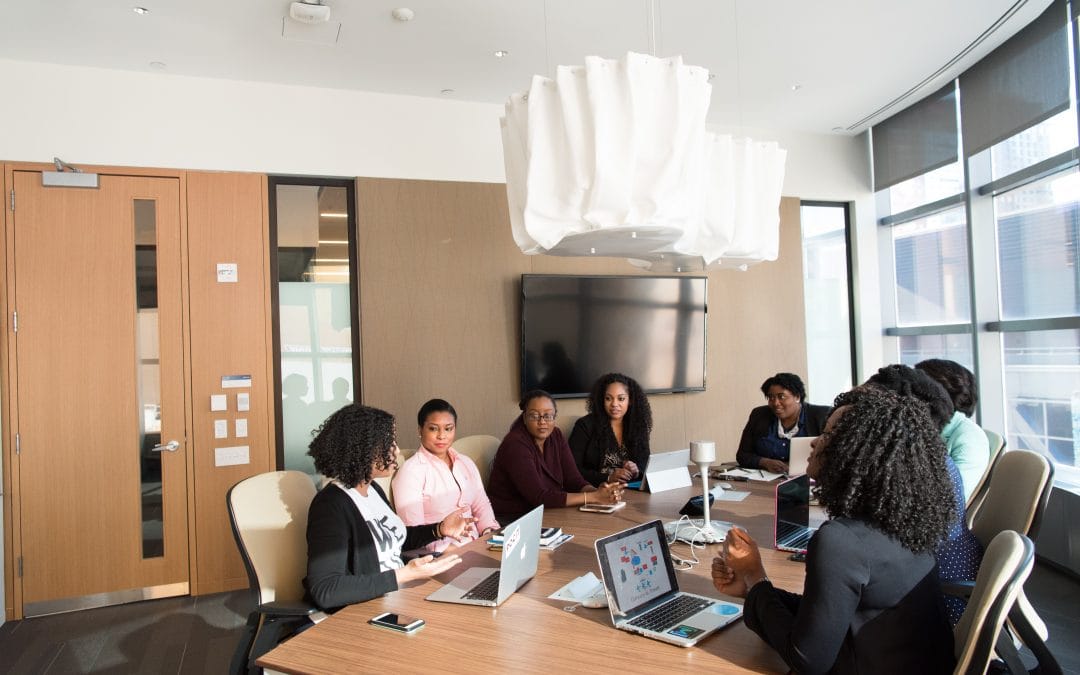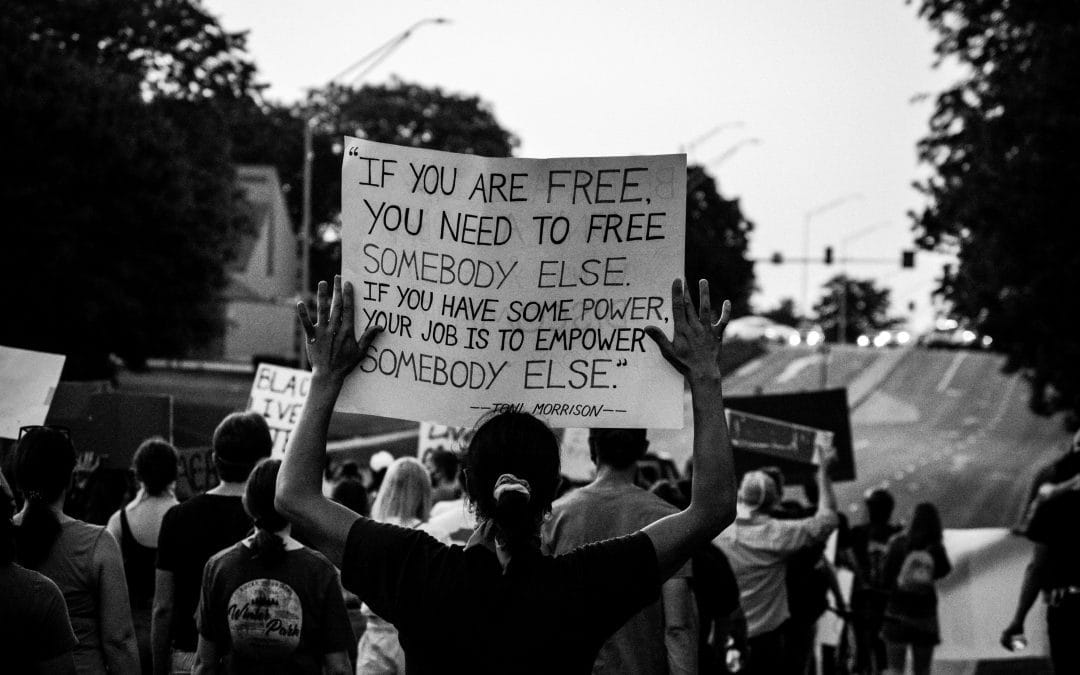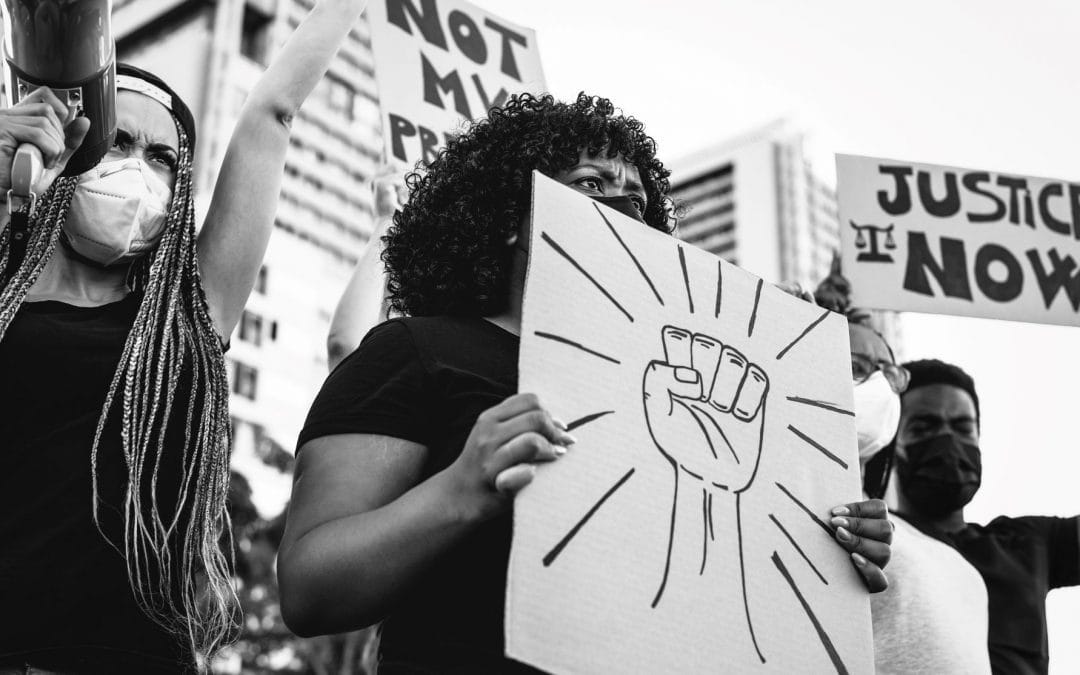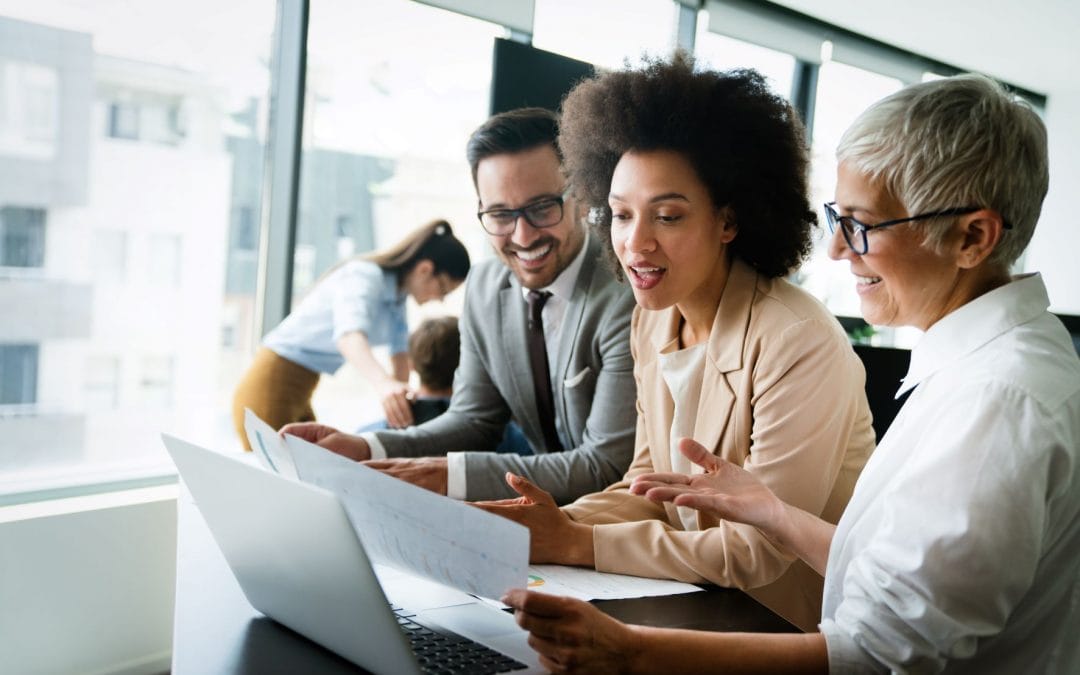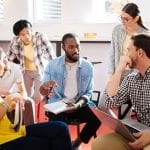Navigating a global pandemic for the last 1.5 years has been exhausting for most of us, upending our day-to-day routines and eroding the perceived sense of control that we had over our lives.
If COVID is emotionally taxing for adults, think about how traumatic it is for kids who are still developing their coping mechanisms.
Social-Emotional skills account for this development gap and teach students how to overcome adversities.
SEL doesn’t just afford students with strategies to process our ever-changing reality, it equips them with lifelong skills to develop empathy, thoughtfulness, well-balanced attitudes, complex identities, and to establish and maintain supportive relationships inside and outside of the classroom.
As we’ll elaborate in the next section, Social-Emotional Learning teaches kids to become more self-aware and cognizant of their emotional triggers, to connect with others, to foster and maintain supportive relationships, to keep calm in high-stress situations, and to make responsible decisions to help them weather any unforeseen event, such as a global pandemic.
What are Social-Emotional Learning Skills?
Social emotional learning (SEL) is the process of learning social skills and self-awareness, emotional management, responsible decision making, and relationship skills that students need to succeed in every area and stage of their lives.
Through SEL both students and adults acquire and apply the knowledge, skills, and attitudes to manage their emotions, achieve personal and collective goals, reciprocate empathy for others, and make thoughtful decisions.
Developing and honing these pivotal skills are crucial life skills.
The 5 Main Components of Social Emotional Learning
SEL examines the interconnectedness of school, family, and community to create learning environments that emphasize safe, trusting relationships and intentional curricula and instruction. SEL can help address educational inequity and inspire young people and adults to contribute to healthy, thriving, and equitable communities.
Authentic relationships are the most important building blocks for learning. Without them, students lack the confidence to try something new, to open up and share their ideas with their peers or to just be silly.
Solid relationships are not just fundamental to learning, they also provide a healthy outlet for students to express negative emotions and feelings, such as depression, anxiety, and restlessness triggered by COVID-19.
In addition to building and fortifying external relationships, SEL establishes the one relationship that students will have at any given point in their lives: the one they have with themselves.
Social Emotional Learning establishes relationships using five interrelated sets of cognitive, affective, and behavioral competencies, defined by the Collaborative, Academic, Social, and Emotional Learning (CASEL) framework.
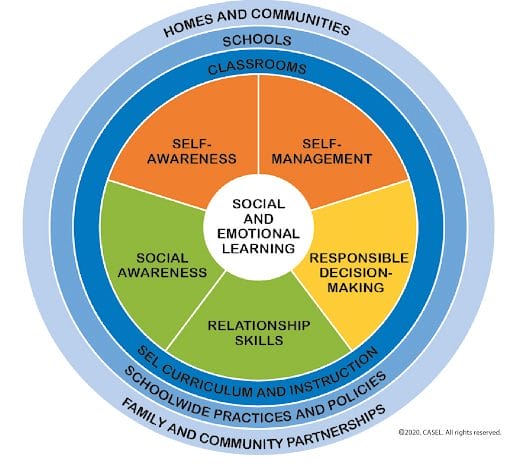
1. Self-awareness
Self-awareness is the ability to understand one’s own emotions, thoughts, and values and how they influence behavior. This includes accurately assessing one’s strengths and limitations, as well as having and developing confidence and optimism.
2. Social-awareness
Social awareness is the ability to view and adopt different perspectives from one’s own and empathize with people from diverse backgrounds, whether that be from a racial, socioeconomic, gendered, or cultural point-of-view, recognize strengths in others, understand social and ethical norms of behavior, and recognize family, school, and community resources. Social awareness also dovetails with inclusion, which is one of our key values.
3. Relationship skills
Relationship skills are the ability to establish and maintain healthy and rewarding relationships with diverse individuals and groups. This includes communicating clearly, listening actively, cooperating, resisting inappropriate social pressure, developing critical thinking, learning to make logical decisions when facts are presented, negotiating conflict constructively, seeking and offering help when needed, recognizing the importance of critical thinking skills inside and outside of school, and reflecting on one’s role to promote personal, family, and community well-being.
4. Self-management
Self-management is the ability to regulate one’s emotions, thoughts, and behaviors effectively in different situations. This includes the capacity to delay gratification, manage our time, cope with stress, control impulses, motivate oneself, and feel motivation and agency to set, work towards, and achieve personal and academic goals.
5. Responsible decision-making
Responsible decision-making is the ability to create and maintain supportive relationships among diverse individuals and groups and to make constructive respectful choices about personal behavior and social interactions based on consideration of ethical standards, safety concerns, social norms, the realistic evaluation of consequences of various actions, and the well-being of self and others.
Why Social Emotional Learning is Important in the COVID-19 Era
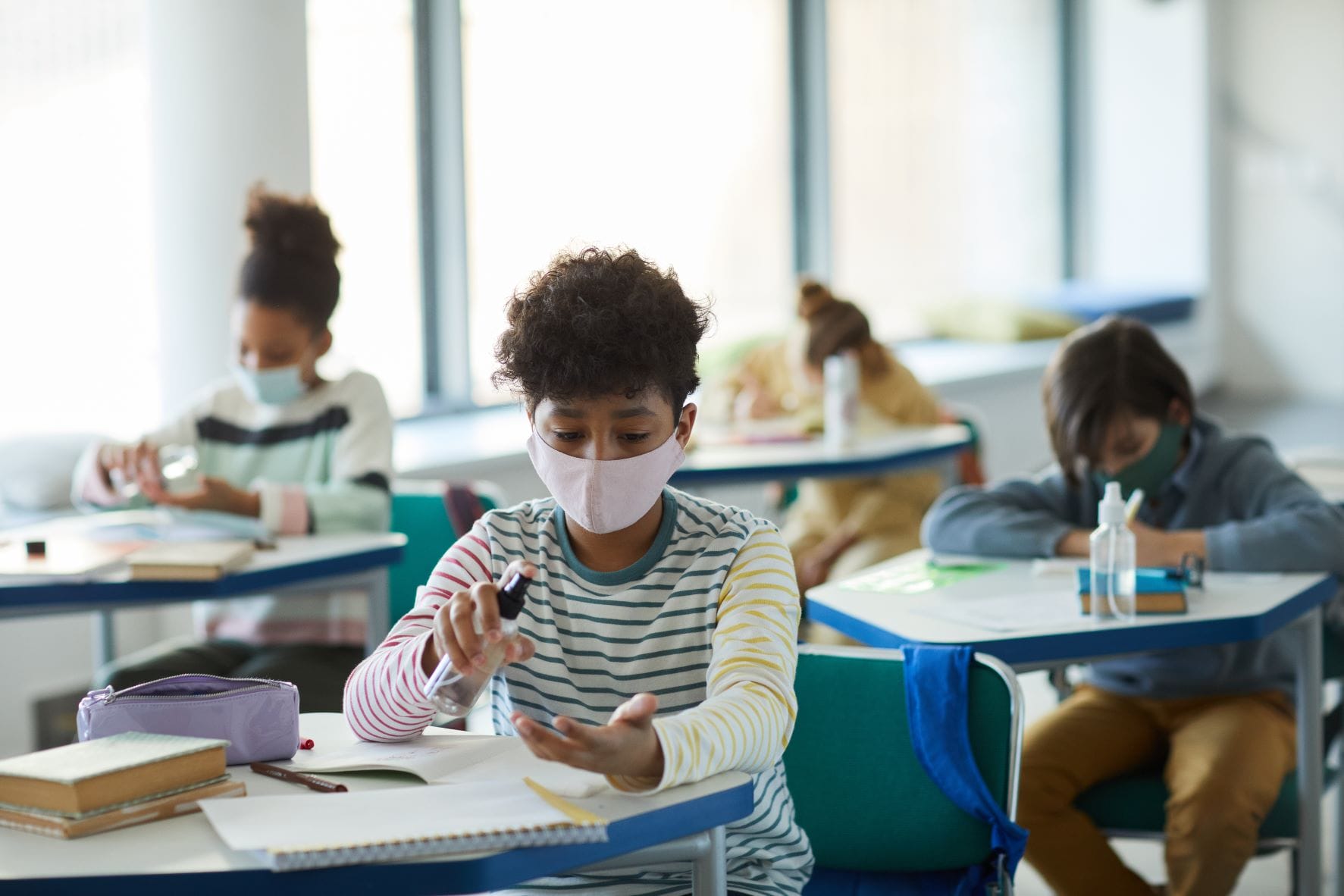
So, how do the above competencies help teachers and students to create a thriving learning environment in the midst of a global pandemic and beyond?
Self-awareness during a pandemic
Self-awareness during a crisis allows students and teachers to identify and process unsettling feelings that arise out of extreme conditions, such as anxiety and depression, and how they affect behavior.
For example, if a student is anxious about returning to school and contracting the virus, this dread may manifest as being easily overwhelmed in class. If they’re taught SEL skills, they can pinpoint how their thoughts are adversely affecting their ability to learn and draw upon their confidence and optimism to soothe themselves whenever they become anxious.
This is a valuable skill that teaches students how to work through their negative feelings instead of suppressing them or admonishing themselves for having these feelings in the first place.
Social awareness during a pandemic
Social awareness teaches students and adults how to view the world from perspectives vastly different from their own. An example of such a point of view is the lack of virtual teaching resources affecting children who hail from marginalized and poor homes.
COVID-19 put a glaring spotlight on the inequalities within our system. In addition to empathizing with their under-resourced peers, students who are more privileged have the opportunity to become advocates for their classmates and introduce them to resources that their socio-economic status could not otherwise afford them.
When these children grow up and navigate the world as adults, this skill will come in handy when interacting with people from all walks of life, from their boss to the cashier at the grocery store.
Relationship skills during a pandemic
Building and maintaining relationships during a pandemic is important for developing empathy and critical thinking and logic. Relationship building also flattens social hierarchies and builds social equities among children.
Creating an encouraging space where students from different racial, gender, and socioeconomic realities can discover what they have in common with one another promotes inclusion and a sense of positivity between kids on different rungs of the social hierarchy ladder and helps them to humanize their peers.
These Social-Emotional Learning skills afford students the opportunity to navigate conflict in order to keep these bonds intact, using restorative practices that slowly and completely re-build bridges so all parties can move forward together.
Self-management during a pandemic
Time management is a rewarding and practical skill that students can use at every stage of their lives. Teaching students how to properly manage their time so they can accomplish their most important tasks first before indulging in fun activities teaches students self-motivation, which will encourage them to achieve personal and professional goals.
Time management also teaches children how to better cope with external stressors, like a raging, unpredictable pandemic, because they help kids to keep their internal stressors under control.
Responsible decision making during a pandemic
This skill teaches kids to think about the safety of others, instead of just selfishly centering themselves — a skill that is sorely lacking in the era of COVID. For example, a student can make a fact-based decision based on CDC COVID-19 guidelines to keep their mask on while they are at school or the grocery store in order to protect themselves and those around them from getting sick.
Learning to make responsible choices teaches kids to cooperate and comply with rules and social norms that help minimize risk to others.
What Does Social-Emotional Learning Look Like in the Classroom?
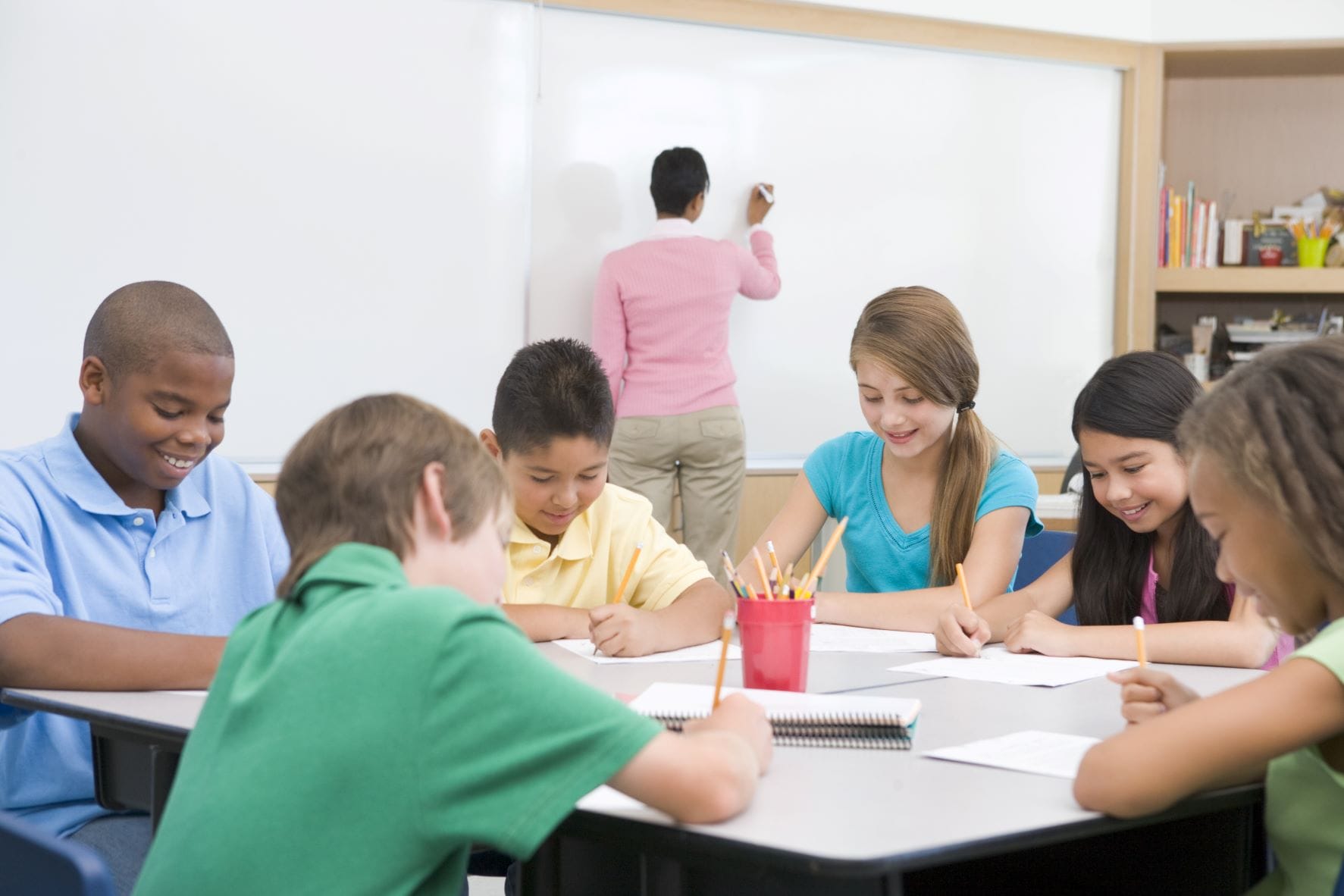
You’ve absorbed quite a bit of information and may feel overwhelmed right about now. That’s perfectly understandable. This last section will provide you with concrete, practical, and most importantly, fun examples of activities based on the above theories that teachers can use in the classroom to immerse their students in the principles of Social-Economic Learning.
Emoji Cards
Emoji Cards is an SEL exercise within our IceBreakers and Team Builders to Build Social-Emotional Skills curriculum. This activity teaches students to be aware of their feelings, to express them in a healthy manner, to share them with others, and to reflect on how their feelings influence their behavior. Emojis are pictorial images, and children often have an easier time using them to express their feelings than searching for a word with a similar meaning.
Emojis cards are a fun, non-verbal form of communication that teachers can offer to their students, which is especially helpful when everyone is wearing a mask and it’s impossible to read facial cues. This exercise functions like a real-life emoji keyboard to help students better communicate their feelings to teachers and their peers and to reflect upon their feelings.
Download Our Free Emoji Cards Activity Today!
Understanding Privilege
Understanding Privilege is an SEL activity from our Experiential Activities to Introduce Identity, Culture, Class, Gender, and Inclusion curriculum that teaches students how to intentionally create a more ideal world through social awareness. This exercise explores the numerous ways that our identities and oppressions intersect with those of others, such as teachers and their students. It also helps students to examine how power and privilege function across different social and cultural groups and reiterates why social justice values are so important.
Understanding how power and privilege affect people, for example, the unequal resources that privileged students and their families can access during a pandemic, as opposed to the poor students in their class, teaches children how to develop empathy and to be an ally to those less fortunate than them.
People Bingo
People Bingo is an SEL activity from our Experiential Activities to Develop Critical Thinkers curriculum, which focuses on teaching students how to establish relationships and take an active role in building their community.
Icebreakers like People Bingo are rooted in a group-development theory that recognizes that students form relationships at their own pace.
Using a river as a metaphor for new experiences, we can compare this development to a group of kids approaching a raft to take a ride down a river. Some will plunge into the water head first, busting at the seams to swim and ready to make friends immediately. Others will dip their toe into the water but feel hesitant to submerge themselves because they need to develop trust between their teachers and their peers first, and others have a painfully difficult time connecting and building relationships.
As educators, our job is to orchestrate experiences that will allow young people to build relationships with one another. Relationships act as support systems for students in a crisis. People Bingo and other BTC icebreakers nudge these relationships along in a structured way.
Download Our Free People Bingo Exercise!
Big Rocks
Big Rocks is a social-emotional learning activity that explores values and teaches students how to master time management skills, a crucial tool in today’s fast-paced environment. Remote learning over the last several months has made time management challenging, even for students who mastered these skills in a physical classroom.
Virtual classrooms lack the built-in structures that physical schools provide, such as teacher reminders, bells, routines, etc. COVID-19 ripped away that familiarity from students, compounding that loss with the constant emotional onslaught of a global pandemic, such as depression, loneliness, and anxiety.
As students return to school, this activity is a great way to jumpstart a lesson and discussion around adapting these valuable skills to help your students create structure in their lives that can help them to cope with unforeseen crises and succeed inside and outside of the classroom.
Teaching students time-management will help them to develop logic, balance responsibilities with fun activities, and apply these skills to every facet of their lives today and down the road to succeed.
Download our Big Rocks time management exercise for free!
I Just Called to Say I’m Sorry
Finally, I Just Called to Say I’m Sorry is a social-emotional learning activity within our Experiential Activities to Create a Climate of Peace, Non-violence, and Restorative Practices curriculum that teaches students how apology and forgiveness are not two means to an end, but bridges that can repair and restore supportive relationships.
Conflicts increase in frequency during times of heightened stress. Quickly de-escalating tensions between students makes sense as a short-term solution. However, down the road this may inadvertently lead to unresolved issues that resurface later.
We believe that you can structure an apology that allows all parties to heal and eliminate any lingering hurt and guilt.
Our “I Just Called to Say I’m Sorry” activity uses a template to teach students how to slow down the apology process, in order to forgive, and create restorative relationships.
In short, SEL is the process of learning self-awareness, emotion management, responsible decision making, and relationship skills that students will need to succeed in every area of their lives.
SEL gives students the tools to develop empathy, thoughtfulness, manage their emotions, achieve goals, and maintain mutually supportive relationships with their peers, all of which are especially important to navigate a global pandemic.
Check out these and BTC’s other curriculum resources!


